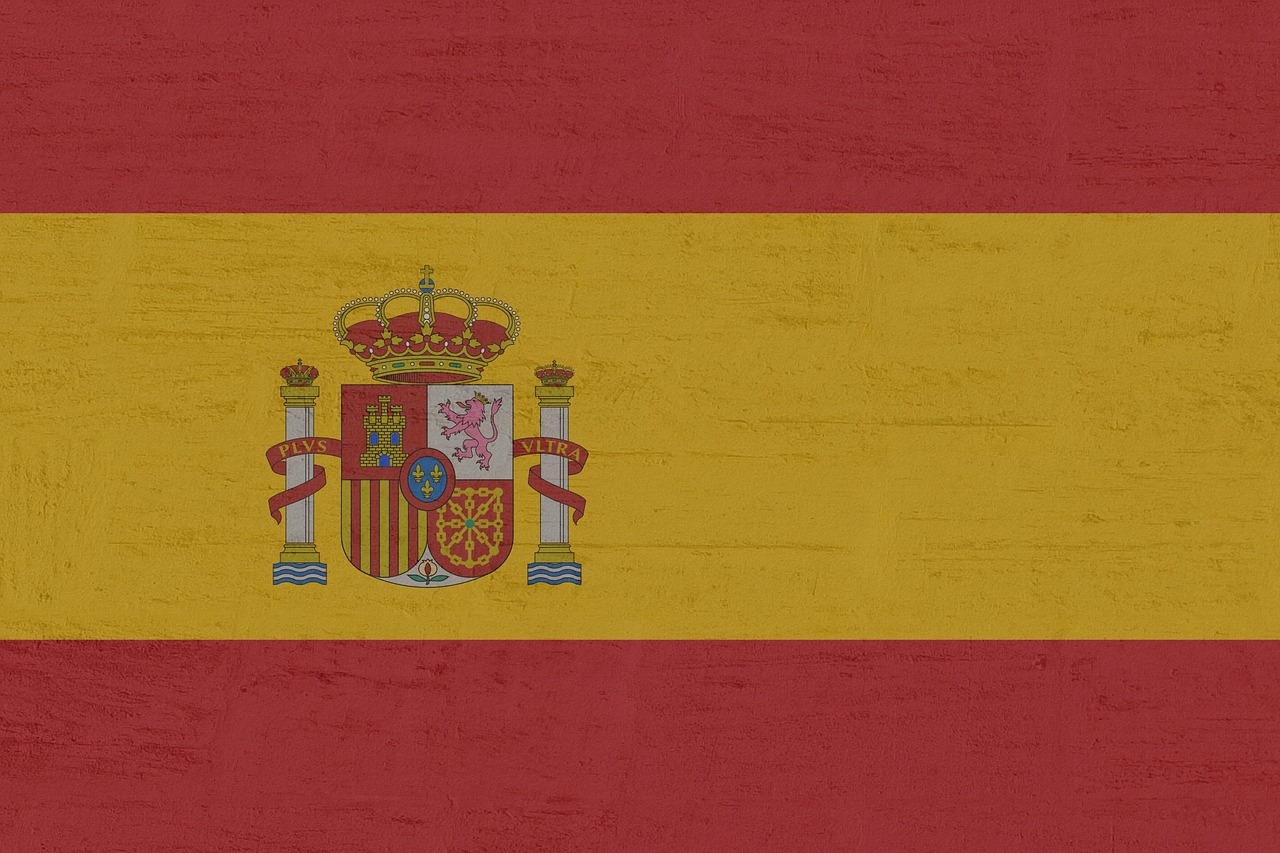Spain’s call to exclude Israel from international sports is a very bold challenge to the international community’s double standards. Prime Minister Pedro Sánchez had made this call in reaction to events in Gaza.
This action might be a sign that there’s a new, more confrontational era in foreign policy, where nations are no longer willing to quietly lament humanitarian crises but are prepared to take public, tangible action.
Unlike many European counterparts, the Spanish government’s position is deeply rooted in popular sentiment. A poll by the Elcano Royal Institute revealed that an overwhelming 82% of Spaniards believe that Israel is committing a genocide in Gaza.

This is a widely held conviction that gave the government the political will to act boldly. When ministers, including the Minister for Digital Transformation, openly use the word “genocide,” it shows a shared conviction at the highest levels of power. By asking, “Why expel Russia and not Israel?”, Sánchez has shown that he is not playing favouritism and only condemning Israel, he is also calling out the hypocrisy of the international system itself.
Why It Matters
The international community’s inability to find an adequate response to the crisis has led to an unbearable humanitarian crisis in Gaza and a confirmed famine, according to a UN-backed report. Cultural and sporting boycotts are not the final solution, but they are a crucial step toward it.
The decisions by Ireland and the Netherlands to boycott the Eurovision Song Contest are a good start, but a broader, coordinated effort across sports, culture, and academia is needed. This would send an unmistakable message that “business as usual” is no longer acceptable.
Also, this cultural pressure must be coupled with more concrete, economic measures. European Commission President Ursula von der Leyen’s call for a suspension of free trade and bilateral support is a step in the right direction.
It’s time for the EU to enforce its own principles by leveraging its economic power to ensure that all parties abide by international law, including the responsibility to protect civilian life and prevent starvation. By putting moral conviction into action, nations can force a change in policy and push for a lasting solution that prioritizes human life over political expediency.
















